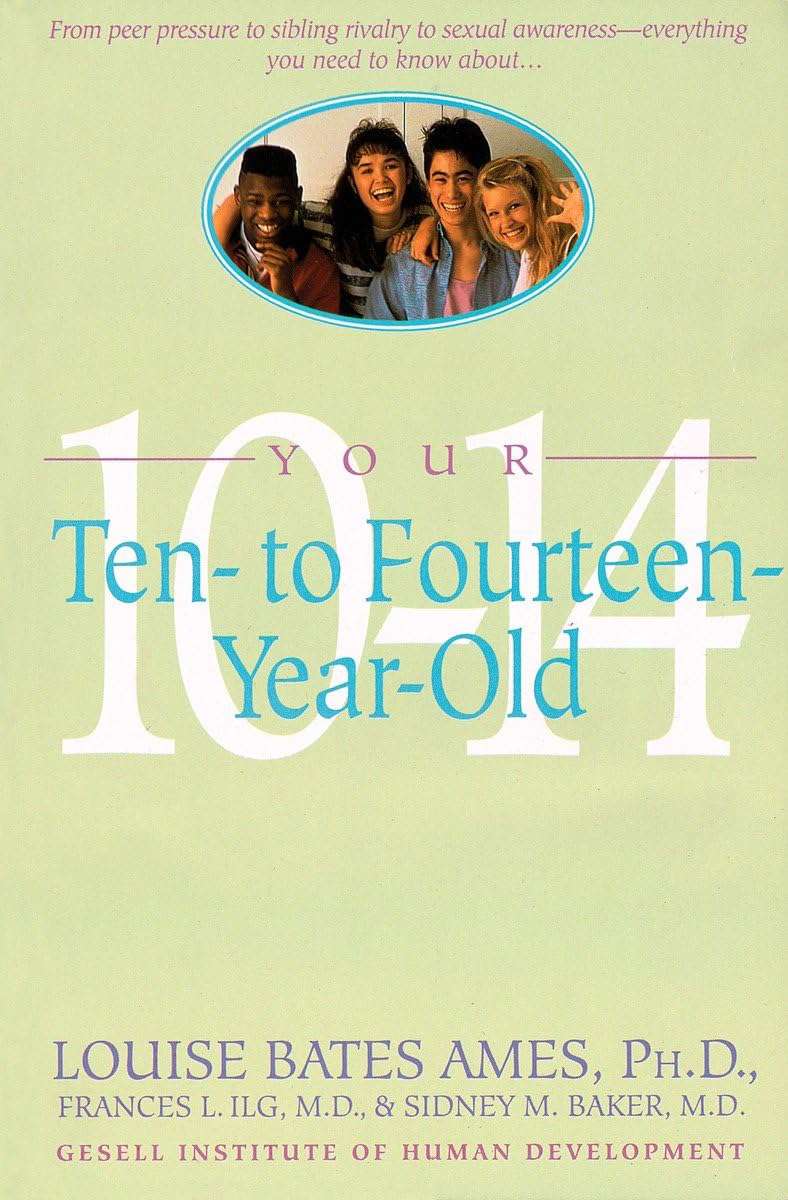
1. Trusted Resource: Authored by experts from the Gesell Institute of Human Development, this book offers a research-backed perspective on child development, making it a favorite among professionals and parents alike.
2. Child-Centric Approach: Unlike typical parenting guides, it provides insights into how children perceive the world at different ages, fostering compassion and realistic expectations.
3. Reassuring for Parents: Many reviewers highlight how the book helped them distinguish between 'naughty' behavior and normal developmental phases, leading to fairer discipline.
4. Engaging for Kids: Surprisingly, some parents found their pre-teens enjoyed reading it too—it normalized their experiences and reassured them about growing up.
5. Slightly Dated but Timeless: While some references reflect its 1970s origins, the core developmental insights remain relevant, offering comfort that 'kids today' aren’t so different.
6. Broad Age Range Critique: A few reviewers noted that grouping ages 10–14 together oversimplifies the vast differences between early tweens and teens.
7. Global Appeal: Even non-U.S. parents found it useful, proving its universal applicability despite cultural nuances.
8. A Gift That Keeps Giving: Often passed down or repurchased for new generations, this series earns a permanent spot on family bookshelves.

